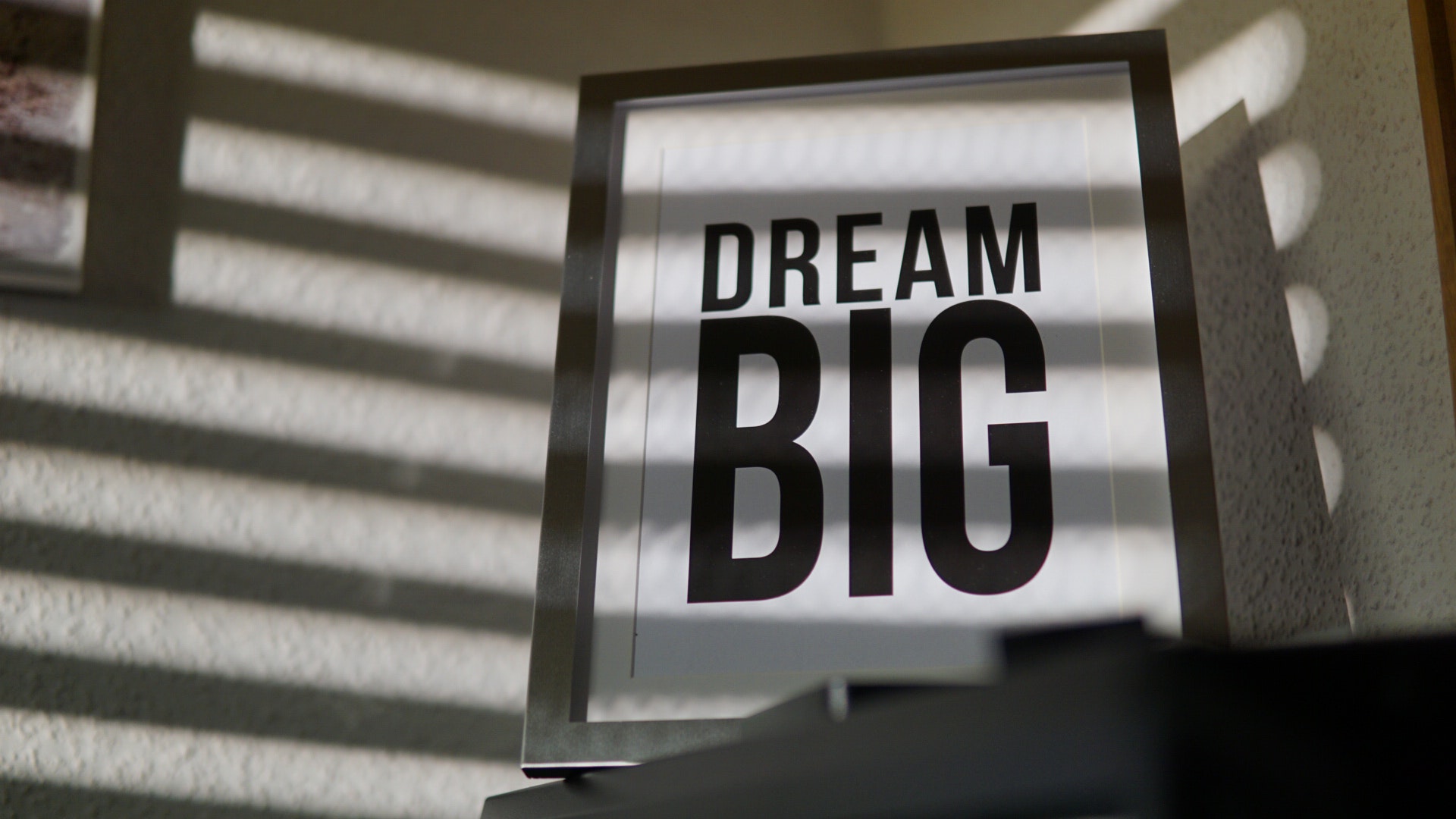
Do you know that there are some simple research skills that can give your PhD journey a boost?
You have embarked on your doctoral journey, eager to carry out original research, learn research skills, and contribute to the existing universe of knowledge in your field. However, this many-year journey is also a challenging one; a highly intellectual and often emotional pursuit with its share of anxieties and pressures. But don’t get disheartened. There are a few simple strategies you can adopt to cope with issues and distractions along the way, re-focus your mind and learn new research skills in the process.
7 Ways to improve your research skills
Let’s look at some techniques to help you to keep up with everything you need to do and restore focus on learning research skills while you attain your doctorate.
1. Develop a confident and resilient attitude: Deciding to take the step to equip yourself with a doctorate is a commendable decision by itself. One of the simplest research skills you should have is internalizing your confidence in being able to tackle challenges. Remember that the road may have its share of ups and downs but you are in it for the long haul. Keeping up your morale and staying motivated is an important research skill if you are to get through the gruelling four-to-five-year journey to attaining your PhD.
2. Set your own targets: The road to a PhD can be a lonely one, but it allows you to develop some crucial research skills. Since it is a personal journey, the more proactive you are the more rewarding it. Setting manageable targets will help lessen any feeling of anxiety you may have. While your supervisor plays an integral role in providing advice and support, you should aim to create your own daily to-do lists, work plans, weekly and monthly goals that will enable you to work within a timebound framework. This basic research skill will help you to progress with your field/lab work as well as make progress with writing and preparing initial drafts of, for instance, your thesis introduction and literature review.
3. Continue the learning process: While learning the basics of how to be an effective researcher, make time to build and enhance your research skills. As part of your PhD requirements, you will be expected to write impactful research articles, present them in seminars, and even publish them in peer-reviewed journals. These require specific research skills that have their own gradual learning curve and need to be carefully cultivated. Reaching out to your supervisor or advisor and attending seminars or training courses offered by your department or university will help a great deal. You can also learn new research skills by yourself and at your own pace by taking up some expert-led online courses for researchers.
4. Master your time management skills: One of the most important research skills you need to learn is time management. This essential skill will help you all through life, helping you lessen your stress as you proceed to meet tight deadlines. Great time management skills also allow you to balance your regular field or lab work with learning activities such as seminars, courses, and lectures, and even leave you some time for socializing. However, keep in mind that things may not always go as expected, for example, when experiments may take longer than expected to yield results. This should not lead to a state of anxiety or stress instead your time management skills will empower you to make the best of the situation at this point of time.
5. Enroll in research groups or communities: Building a network of peers, where you can learn useful research skills, discuss ideas, share experiences, and get inputs is a great way to refine your work. So make an effort to connect with other PhD students, post-docs and senior researchers by enrolling in research groups or attending events by your institute. Actively engaging with a thriving global researcher community can broaden your perspective, aid your learning process, and add to your research skills.
6. Embrace suggestions and advice: The best strategy for PhD students, and one of the important research skills, is to remain focused and adapt quickly if you think things are not going your way. Be open to new ideas and suggestions that have the potential to enhance your work, take time to carefully consider each one (discuss these with your supervisor, if possible), and then be ready to tweak your approach. The advice you receive can add new dimensions to your work and further enrich your research.
7. Keep the larger goal in sight: In navigating the ups and downs of this academic journey, the larger goal of earning your PhD and the work that you eventually desire to take on should be your driving force. Reminding yourself of this aspect will certainly help you learn the research skills required to tackle the many hurdles and overwhelming tasks that inevitably arise.
Remember that you are on this journey because you are passionate about the topic you have chosen for your doctorate. Therefore, inculcating a winning attitude and building essential research skills should be your main motivation. When you learn research skills and keep practicing these, you will find your PhD journey getting easier. However, remember, that it is also important to take a step back once in a while to indulge in other activities or interests, which will help you maintain a healthy work-life balance as you learn new research skills and race toward your goal.



